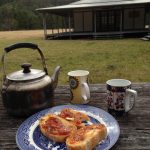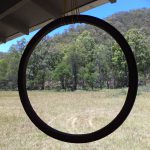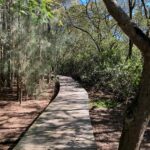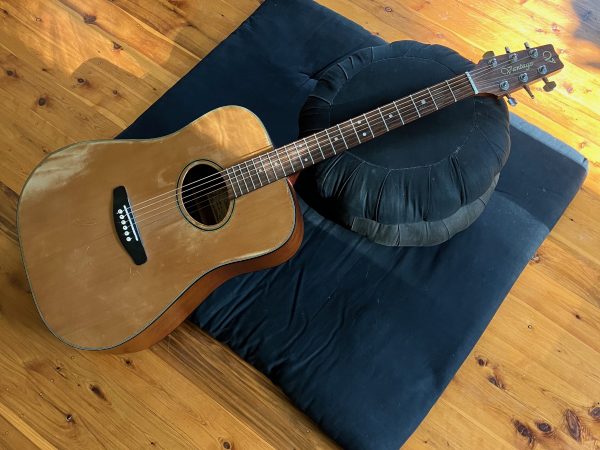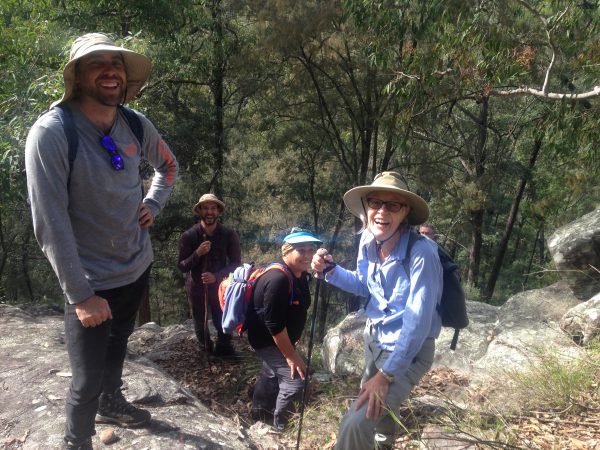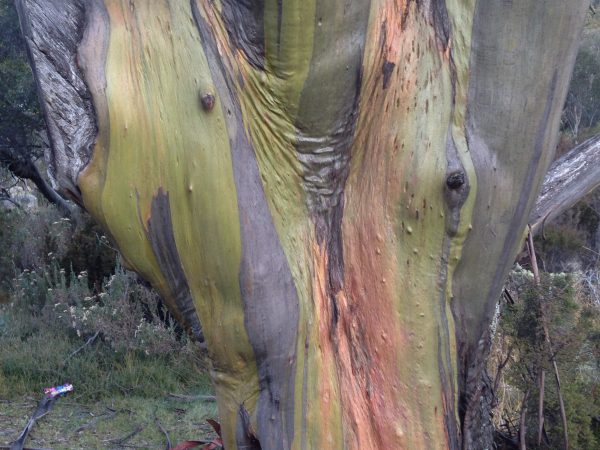Blog – Standing Your Ground, Maggie Gluek
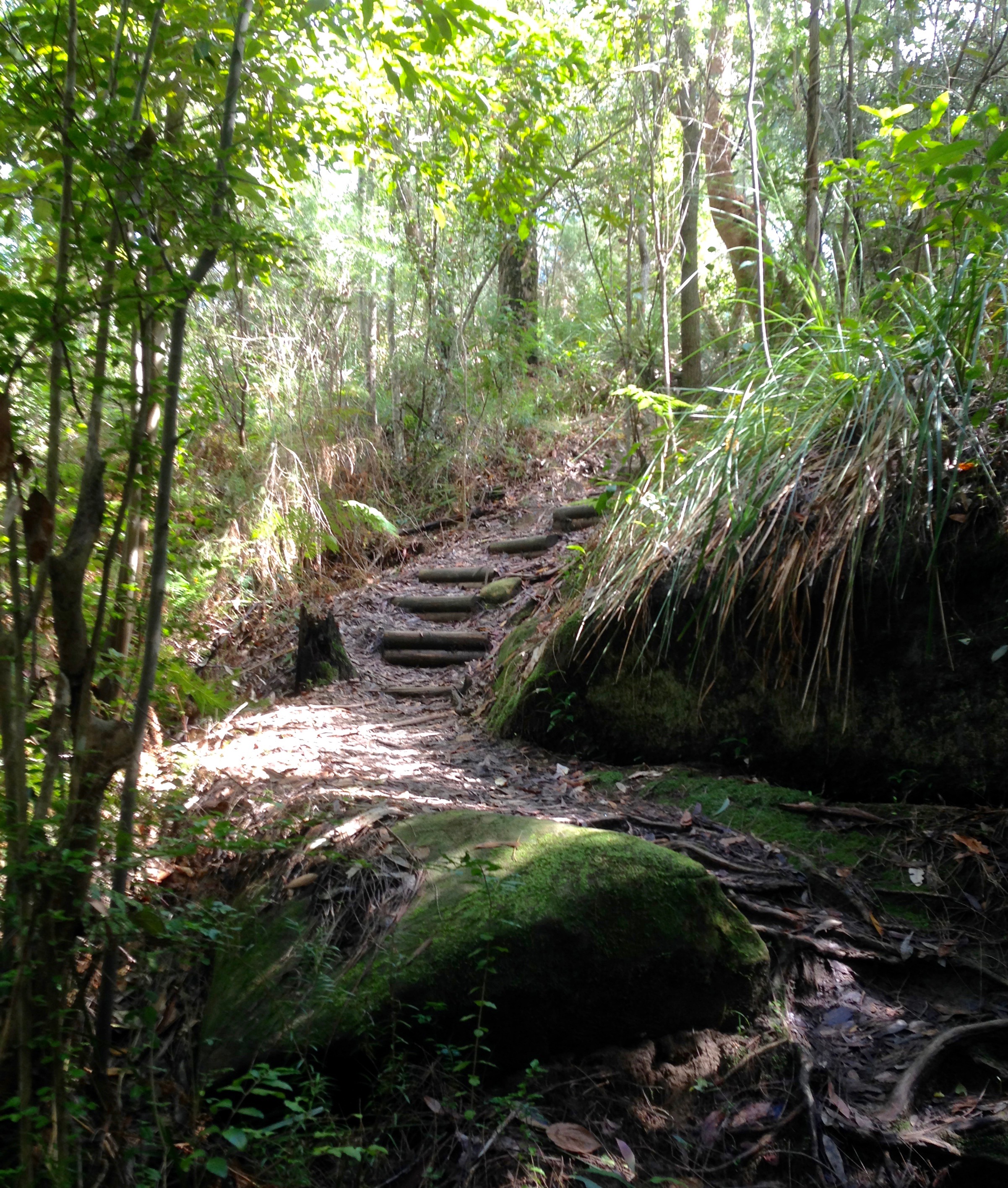
‘Encouraging Words from the Teacher’ was published in the June/July 2017 Newsletter:
An oft told story in these parts—and recently told at the autumn sesshin– is that concerning Hsueh-feng, snowed in with his dharma brother and mentor Yen-tou at a place called Turtle Mountain. While Yen-t’ou snoozed, Hsueh-feng spent most of the time doing zazen. “What are you doing sitting like a mad thing?” asked Yen-t’ou. Hsueh-feng responded, pointing to his chest, “I am not yet at ease here.” “So tell me about your experiences and I’ll examine them for you.”
Hsueh-feng went on to narrate his marvellous experience with Teacher X and then an awakening with Teacher Y and then the sublime action of Teacher Z which had great effect. At this Yen-t’ou shouted and scolded his friend, “Don’t you know that what enters from the gate (ie, that which has a beginning and an end) cannot be the treasure of the house? If you want to propagate the Great Teaching, it must ow point by point from within your own breast to cover heaven and earth. Only then will it be the action of someone with spiritual power.” At that instant Hsueh-feng suddenly had realisation and cried loudly, “Today, for the first time, Turtle Mountain has become enlightened!”
Whether you know or know that you don’t know, you need to be established right there, right here, content in what is utterly your own truth. Standing your ground. This is better than all the brilliant teachings books or some teacher might give you.
Of course it’s natural to want to know that one is on the right track in practice, in orientation–this was Yen-t’ou’s service to Hsueh-feng. The person in the hojo may help ne-tune your steps (Go left two steps, now go back three, now right ve). And in fact a coming together can itself dissolve the barrier. Maybe when you’ve given up, stopped trying. Viz again the old friends at Turtle Mt. Then the veil falls–no student, no teacher, just living dharma.
But there’s a certain danger in Zen and especially, I think, with koan practice, where it can be apprehended as a gold star system. The school metaphors–curriculum and students–reinforce this valuing of external assessment, the perception of external assessment. If the teacher likes me and likes what I do, I must be a good student. Identification with the good student who gets top marks. The subtle search for the right answer that will be approved. I might add this is coming from someone who was sadly driven in competitive academic contexts. Someone who fainted in a Latin exam when the teacher accidentally put the Cicero vocabulary instead of the Virgil vocabulary in the exam. The faint alerted the teacher to her mistake. The desperate distress. Who would I be if I did not get A’s in the Latin exam I had studied so hard for?? That’s another thing–the competition. How come so and so is getting ahead and I’m not? This kind of thinking feeds the fantasy realm around practice and enlightenment. Do we think we are going somewhere? I bow to Dogen: Conveying oneself toward all things to carry out practice- enlightenment is delusion.
All things coming and carrying out practice-enlightenment through the self is realization.
True insight is not something you hold yourself, not a thing, but the place where all beings are enlarged, where your gain is mine, your liberation is mine.
I bow likewise to an old friend of Zen students, Layman Pang. A 8th/9th c. individual who followed the Buddhist Path as a lay person. He charted an unusual course. He studied and then set out with his friend to take the very dif cult Mandarin exams. Scholars passing these exams were selected as elite government of cials. And then he did not take the exams after all. His friend joined the sangha of Buddhist monks. This direction too Pang eschewed. Though a student, indeed master of the Way, he chose to stay outside its conventional context. Though he was married with two kids, all four lived unconventionally, all four being students of the Dharma. The Layman did not need to “ t in” anywhere, did not need approval, did not care about the world’s opinion. He possessed everything he needed!
Pang’s custom was to travel and check out and learn from great teachers of the day who deeply respected him. He went to Chiang-hsi to study with Ma-tsu and asked him, “What about someone who has no connection with the ten thousand dharmas?”
Ma-tsu said, “I will tell you after you have drunk down the waters of the West River in one gulp.” The Layman understood the deep meaning implied, and composed a verse:
Coming to this place from all directions
They all study non-doing.
But right here where Buddhas are selected
The examination is passed with an empty mind.
He appreciates the challenge! Forget the Mandarins! The most important test of your life is always right here, right now–only here can you study non-doing and open your eyes. No amount of scholarly enterprise or travelling can take you to where you already are! Where you already embody your meaning. With an empty mind, the examination is passed. As students of Zen, walking and sitting, eating and sleeping, going about are lives, we are challenged at every moment. What mind is this?

